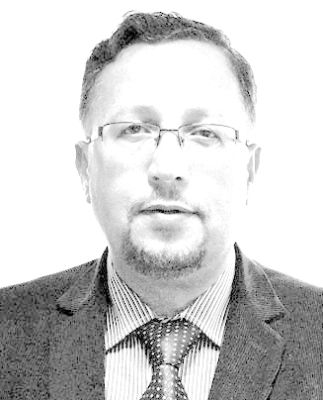Criticism targeting Media Minister of State for Media Affairs Jumana Ghunaimat, especially during and after this week's security operation to eradicate a suspected terror cell, was expected, but not necessarily fair.
Maybe it is not the person, but the approach and attitude. Some people may not like to see white-collar officials involved more than usual in managing a purely security situation, and succeed.
After smart management of the critical first minutes of the terrorist bombing of a joint security patrol in Fuheis on Friday, a clear media plan was apparently designed to manage the situation in a better manner than previous security situations. The plan, as it appeared, was based on as much transparency as possible under the circumstances, and it was executed fairly well. Ghunaimat, a seasoned journalist, was in complete harmony with other officials and in constant touch with the public. She told enough truth that made people, for a change, feel comfortable relying more than any time before on government statements to keep abreast of what was happening.
Even better, the public, to a relatively high degree, heeded warnings against unwarranted social media posts, including videos and leaks of names of suspects and victims, which would compromise the ongoing operation and jeopardise the safety of security personnel and civilians.
Regardless of whether Monday's press conference was necessary or not, the event achieved its goal, and civilian officials' role was, again, salient in the picture.
Having said that, it can be easily noticed that much of the responsibility of communicating with a worried and thirsty-for-information public, was shouldered by the minister.
I have no details about how business is done in Ghunaimat's office, but it is apparent that she needs a bigger team to deal with queries coming from hundreds of local and foreign media outlets. In general, the media have no complaints about the minister's availability to respond to these questions, but the process is exhausting and too much for one person to handle.
Spokespersons of ministries and other official agencies are not efficient, to say the least, which adds more burden to the minister. From experience and daily contact with these officials, it is safe to say that they are a liability to a government whose signature policy is opening up to the public through the media. It is so much easier these days to get Ghunaimat on the phone than the spokesperson in any ministry, and when the attempt to contact one of these officials is successful, they normally have no clue even about insignificant matters related to the work of their agencies.
The media minister needs more manpower, a professional team, perhaps including veterans from security agencies' public relations sections, to meet every day and draft replies to issues that surface on that given day under the supervision of the minister and after coordinating with concerned agencies.
Journalists will have access to the office of the minister, rather than the minister herself. The staff there would be ready with statements on every issue at hand, and if something new comes up, they need to be swift and agile in drafting the government's position on the new issue.
Such a mechanism fits the approach adopted by the government of Omar Razzaz.
The premier, after all, is known for his brilliant communication skills and not hesitating, when he was the education minister, to Tweet back to a sleepy Tawjihi student who asked him if he should wait for the exam results or go back to sleep.
The writer is the deputy chief editor of The Jordan Times
